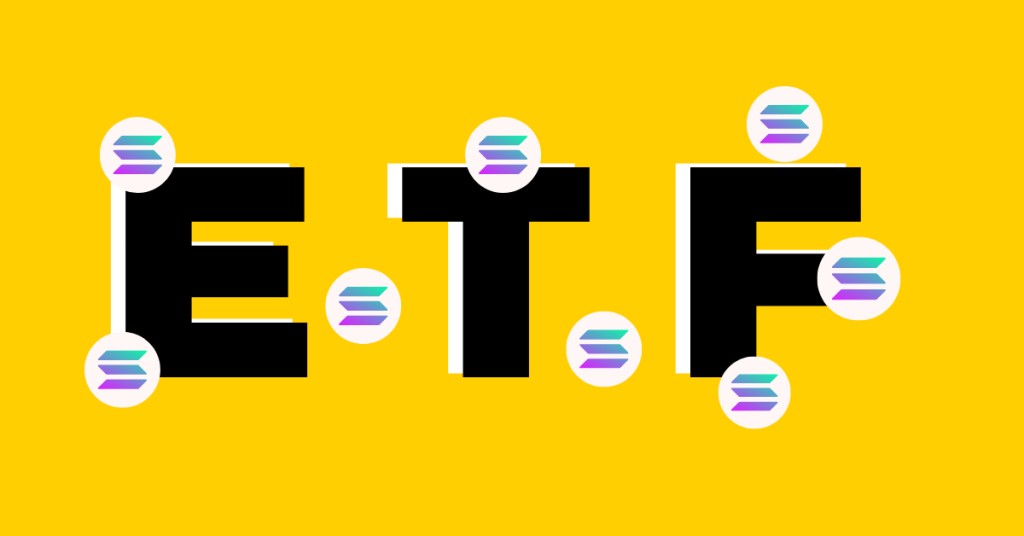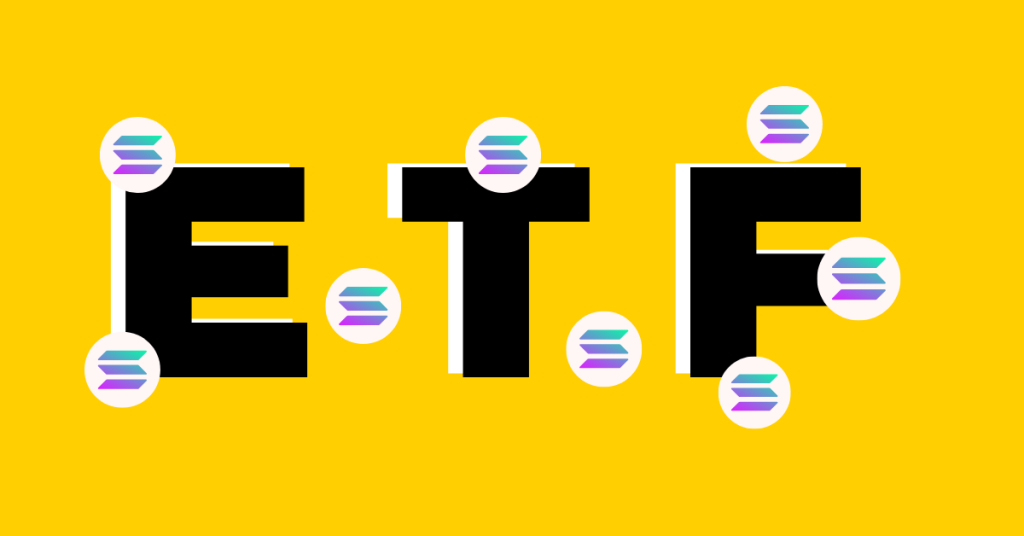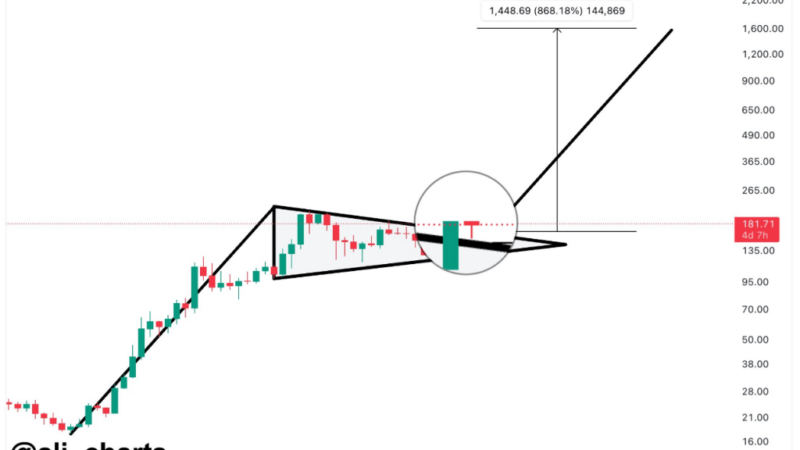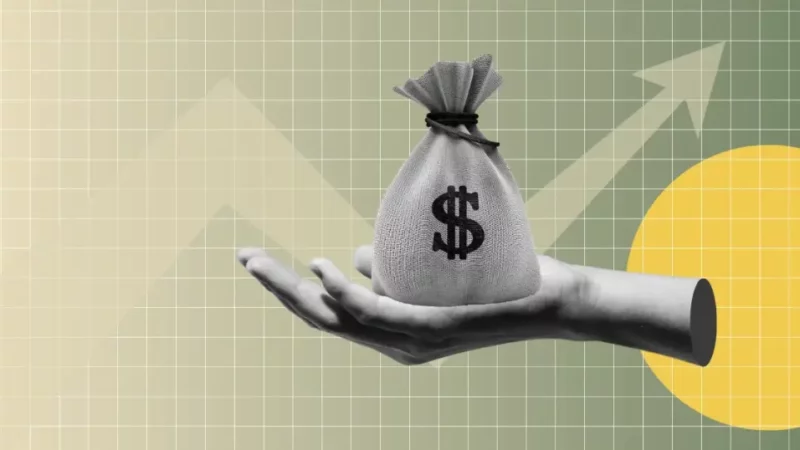XRP Lacks Key Elements Like ‘Customer Demand’ for ETF Approval; Solana Meets All Criteria


The post XRP Lacks Key Elements Like ‘Customer Demand’ for ETF Approval; Solana Meets All Criteria appeared first on Coinpedia Fintech News
Matthew Sigel, Head of Digital Assets Research at VanEck appeared on Thinking Crypto’s podcast and opened up about Ethereum, Solana and XRP ETFs. The SEC’s approval of eight Ethereum ETFs, including those from BlackRock and Fidelity, has fueled speculation about the potential for an XRP spot ETF. After the approval of a Bitcoin ETF, attention shifts to other leading cryptocurrencies like XRP and Solana.
When Sigel was asked if they are considering XRP ETFs, he said that bringing an ETF to market requires several stakeholders to be on board. The regulator must approve the underlying asset, the issuer must have confidence in the asset’s value, and there must be support from counterparties like exchanges, market makers, and custodians. Additionally, there needs to be customer demand. For Solana, they have all these elements in place. However, for XRP, they are lacking internal conviction and customer demand, making an XRP ETF less likely at this time.
He stated that when they reviewed their Ethereum filing and examined the language around decentralization and blockchain characteristics, they also refreshed their deep dive on Solana. They looked at who controls the chain and who can stop it. They concluded that the ETH and SOL assets are fundamentally the same at this point, with no single entity controlling more than 20% of Solana’s outstanding tokens, nor can anyone unilaterally halt the chain.
As a result, Solana is considered a utility commodity that provides access to the second-largest open-source app store. The analyst is optimistic that, over time, regulators will approve these products. He acknowledged the focus on the existence of a regulated futures market of significant size to ensure market transparency and prevent manipulation.
However, he believes this focus is misplaced, pointing out that other ETFs in markets like power, electricity, shipping, and uranium do not rely heavily on the futures market for price formation.

